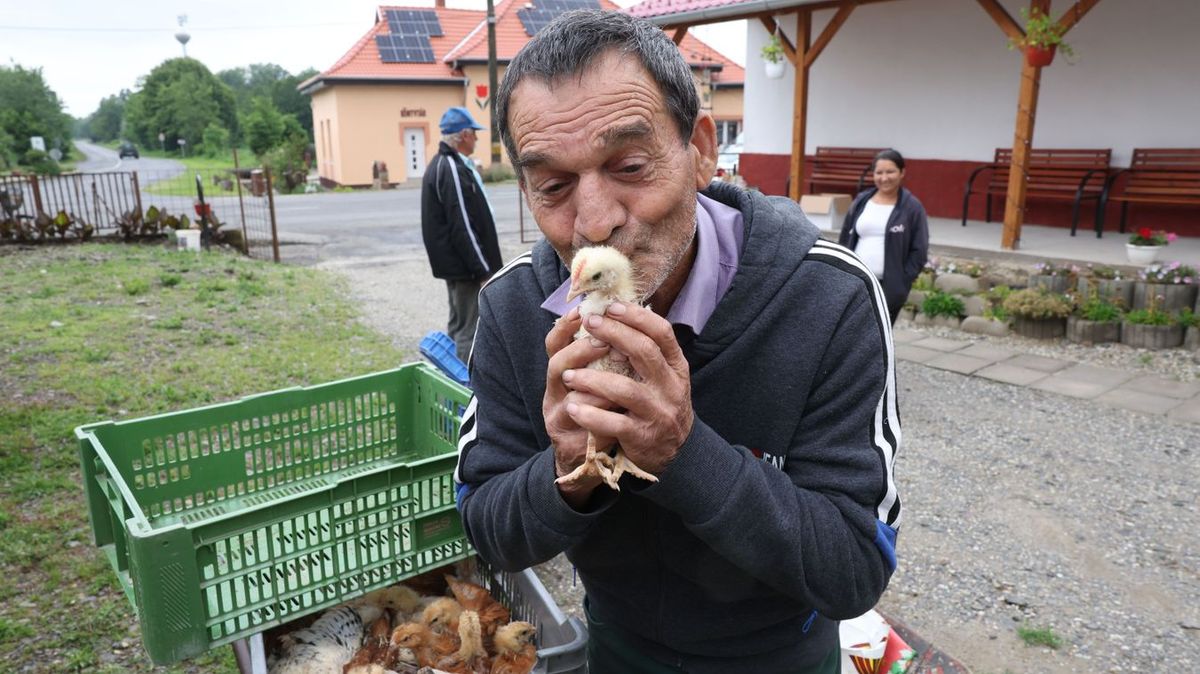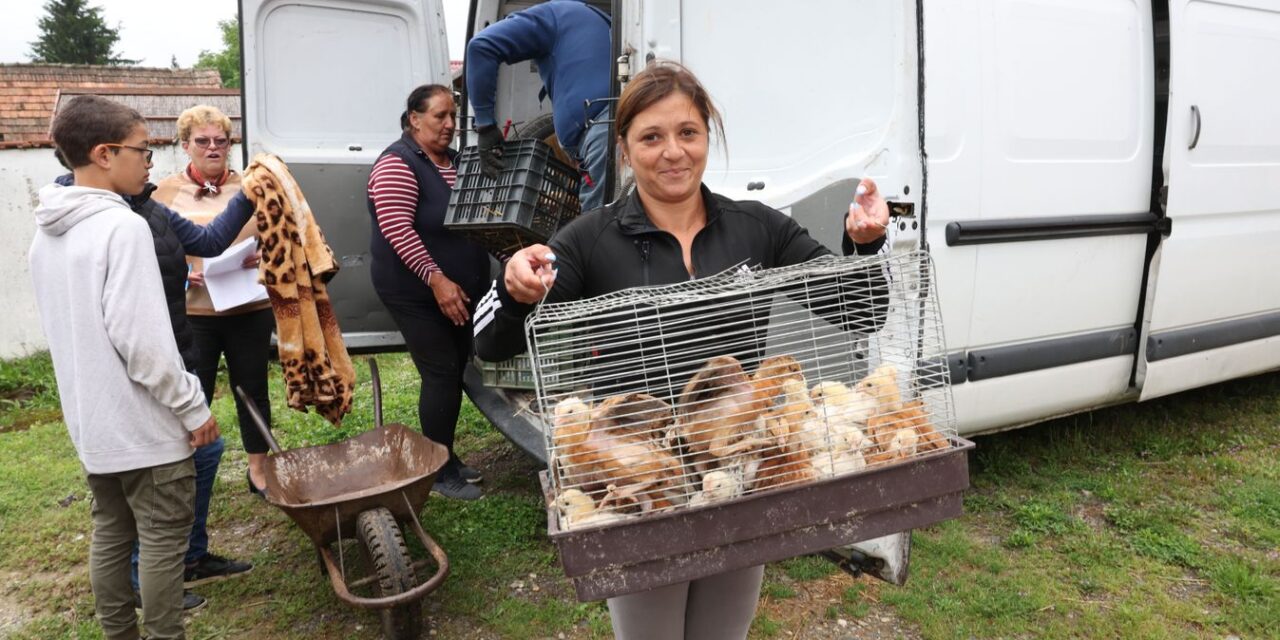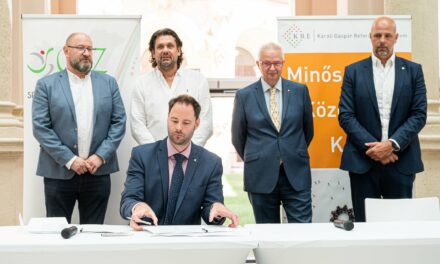With programs encouraging animal husbandry, villagers are driven back to backyard farming.
With the appearance of multinational chains and the rise in the price of fodder, villagers gave up farming in their backyards in the last two decades. Nowadays, however, this process is being stopped and even reversed in more and more settlements in Somogy, wrote Sonline .
The overview of the Somogy county news portal revealed that the slow improvement is also due to programs that encourage animal husbandry, such as the distribution of free chickens and chicks.
In the past five or six years, animal husbandry has picked up again here, and since then more and more people are dealing with poultry. There are also cows, three families also keep pigs, and they are raising sheep again
- said Ildikó Bálint, mayor of Gige.

Summer chicken distribution in Gige. Photo: Róbert Lang/Sonline
As part of the Family Door Program, forty needy families received chickens in Hencsé as well.
At first it was strange for them that they could take the seeds, chickens, fruit trees and ornamental shrubs for free. Many people have become interested in working with animals and now I see that there is hope that young people will also fall in love with farming
- said Renáta Bogdán, the former president of the Roma municipality in Hence.
In Barcso, within the framework of the Family Door Program, forty families were encouraged to garden and keep animals with the intervention of the Roma municipality.
This spring, chickens and ducks were distributed to those in need, as well as seeds, so many people started gardening. This was also helped by the fact that public employees got involved in working the gardens, showing the elderly and those raising their children alone the basic tasks.
A few years ago, they also tried the porta program in Osztopán, but their success did not last.
Only a small part of the population takes care of their backyard, the majority has now given up on keeping animals. The gardens, on the other hand, are cultivated, even though there was a long period when this was not typical either
- mentioned Gyula Kovács, mayor of Osztopán.
Featured image: Sonline/Róbert Lang













